




BELLVILLE
Dr N Mtimkulu
Dr MS Jacobs
Dr M Magopa
021 950 8930 021 945 2970
Dr T Isaacs 021 945 3483 021 110 5070
Dr Z Dunn 021 110 5059
TOKAI
Dr A Hendricks 021 712 2691
Dr T Motsema 021 110 5940
Dr M Tisane 021 023 2046
GATESVILLE
Dr N Allie 021 637 4323
Dr R Kader 021 638 2647
MITCHELLS PLAIN
Dr D Karangwa
Dr G Khobane
Dr T Masina
Dr O Orji
021 110 5064
Dr N Maseko 021 110 5157
RICHARDS BAY
Dr J Moodley
Dr MN Nkanyane
021 391 4297 021 391 4132/3 021 110 5945 035 772 1581 035 791 5506
Dr SMJ Zulu 035 791 5438
Dr M Tshimanga 035 791 5446
GATESVILLE & MITCHELLS PLAIN
Dr A Davids, Dr MA Jeeva & Dr H Khamissa
GATESVILLE: 021 637 1343/4
MITCHELLS PLAIN: 021 392 8141/0516
For more information contact us at info@melomed.co.za
Benefits of baby massage
Expecting together
The placenta
Nappy
Touch is a language of love and care, especially when it comes to your little one. Baby massage is a beautiful way to connect with your newborn. Here's why it's so beneficial:
Boosts parent-baby bonding
Calms and relaxes baby
Stimulates growth
Helps strengthen baby's immune system
Alleviates tummy trouble
Promotes sleep

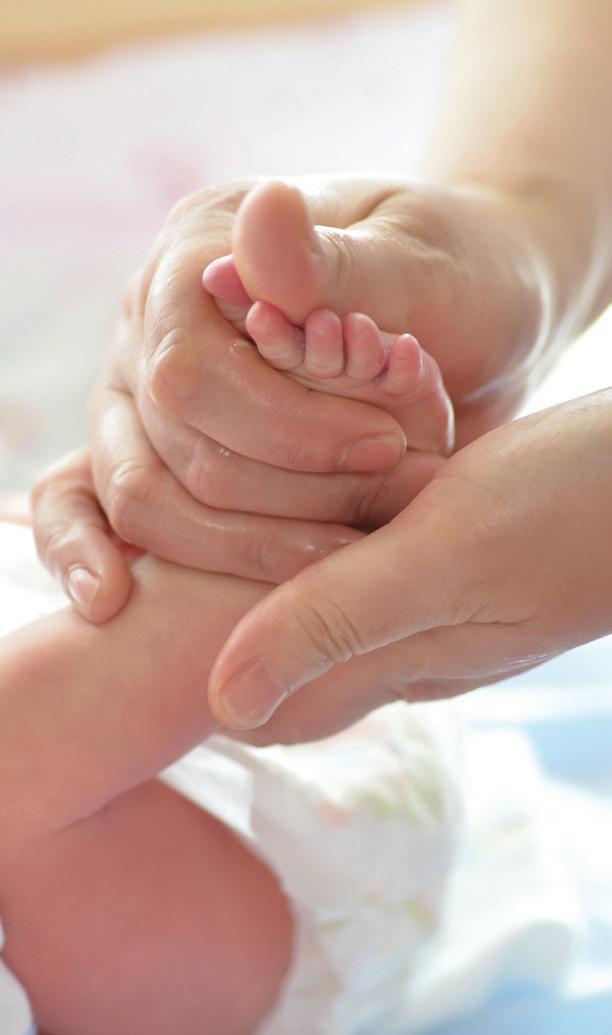
The power of your loving touch is incredible. It's not just about the physical growth but also about filling your baby's world with the warmth of your love.
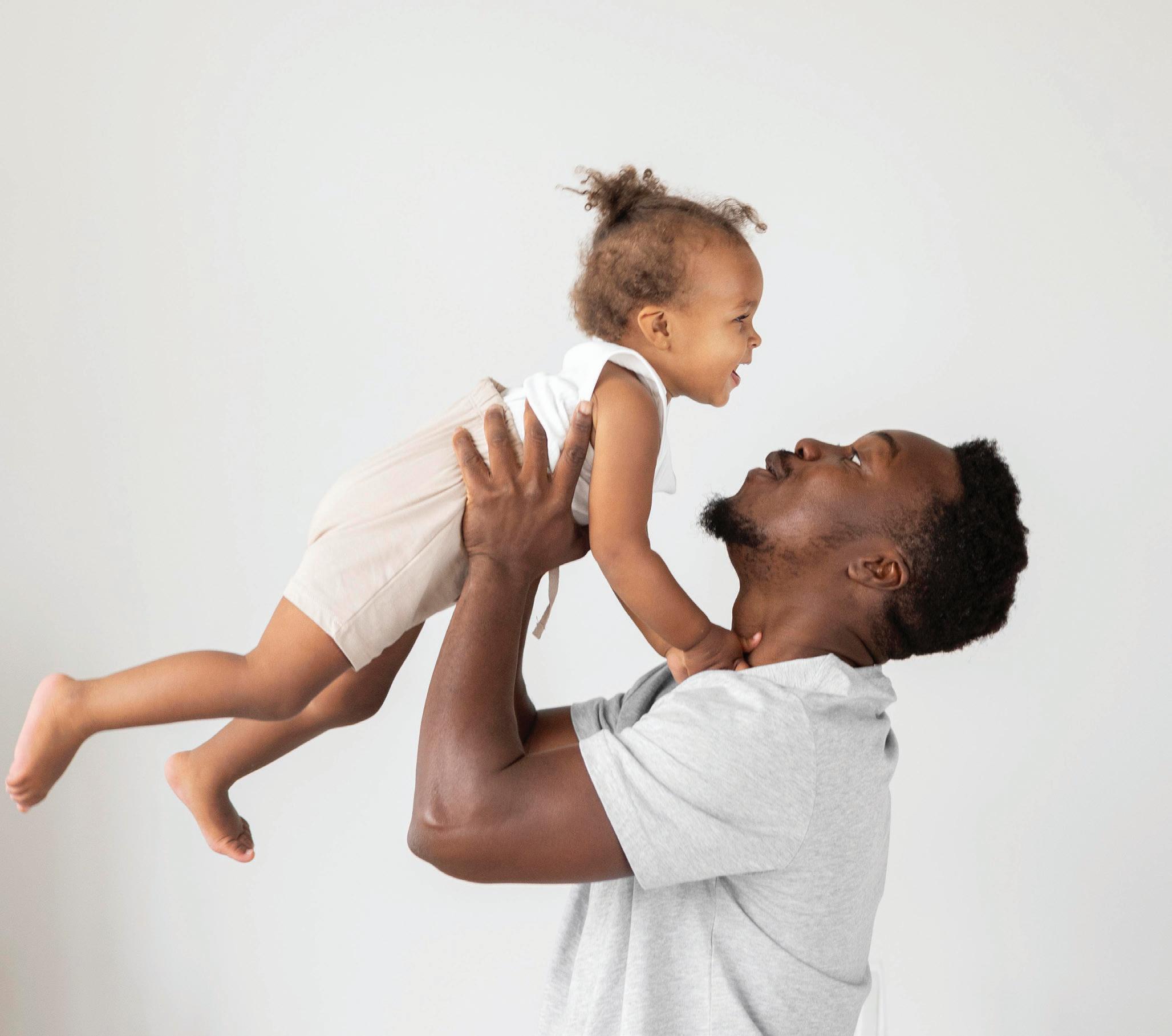 By Margaret Davison
By Margaret Davison
Becoming a dad can be a challenge, but with a little forethought and guidance, you can be a super dad real soon!
The role of a dad starts once you find out that your partner is pregnant! Expectant moms need sympathy and understanding if they feel tired, experience mood swings, etc. It’s important to be aware of these things. The more involved and informed you are from the start, the better the whole experience will be for the three of you, plus so much more meaningful and special.
You can show support by going to the doctors’ appointments and also going with your partner when she has a scan. It is wondrous to be part of this journey and it will mean so much to you as well.
You could also assist with shopping for baby goods for the new little one and it is fun going around and seeing what is available and chatting to other parents as to the most useful items: Think about building up a circle of friends from whom you can borrow and share items as well as information.
It can be helpful to find out about books and magazines to read regarding parenthood and caring for baby. You and your partner can read these together and discuss different aspects between yourselves in preparation for the journey of parenthood.
There may be antenatal classes that you can attend together so that you are both on the same page regarding labour and delivery and you can ask all the questions from the professionals. You will learn too about assisting your partner to look after the babe afterwards AND to look after her as well. Mom will appreciate all your help in the home too, with chores, food shopping and food preparation.
Try to be as involved as you can while mom and baby are in the hospital and ask staff to show you to do some of the tasks, like bathing and changing baby, different positions to hold baby etc. Help mom to get as much rest as possible in hospital by being hands-on and then of course once you get home too. It would be very helpful to her for you to be pro-active with so many little tasks, like ensuring she is comfortable, well-nourished and drinks plenty of fluids. She will appreciate all your efforts to help her achieve this.
Dads and babies can have such special time together - for instance, fun bath time can be a great experience which enhances bonding. Making funny faces or using fun hand signals, or singing special songs, are some of the ways you can create this. Find a nice comfortable baby carrier for yourself as little ones mostly respond well to those and it will give mom some well-deserved time off. It’s important to
have time alone with your child away from mom so that your relationship can be nurtured. There are suitable little books for babies and toddlers and it’s never too early to sit with your baby and look at age appropriate books thus creating more special moments together. Book shops can assist with choosing books.
Fathers need to be consistently involved –grow with your child and try to understand his or her changing needs. It will help to be involved in your child’s development in order to create a special bond. Think about ways of spending quality time together while acquiring information on child development from books and also from other parents of children a similar age. >>
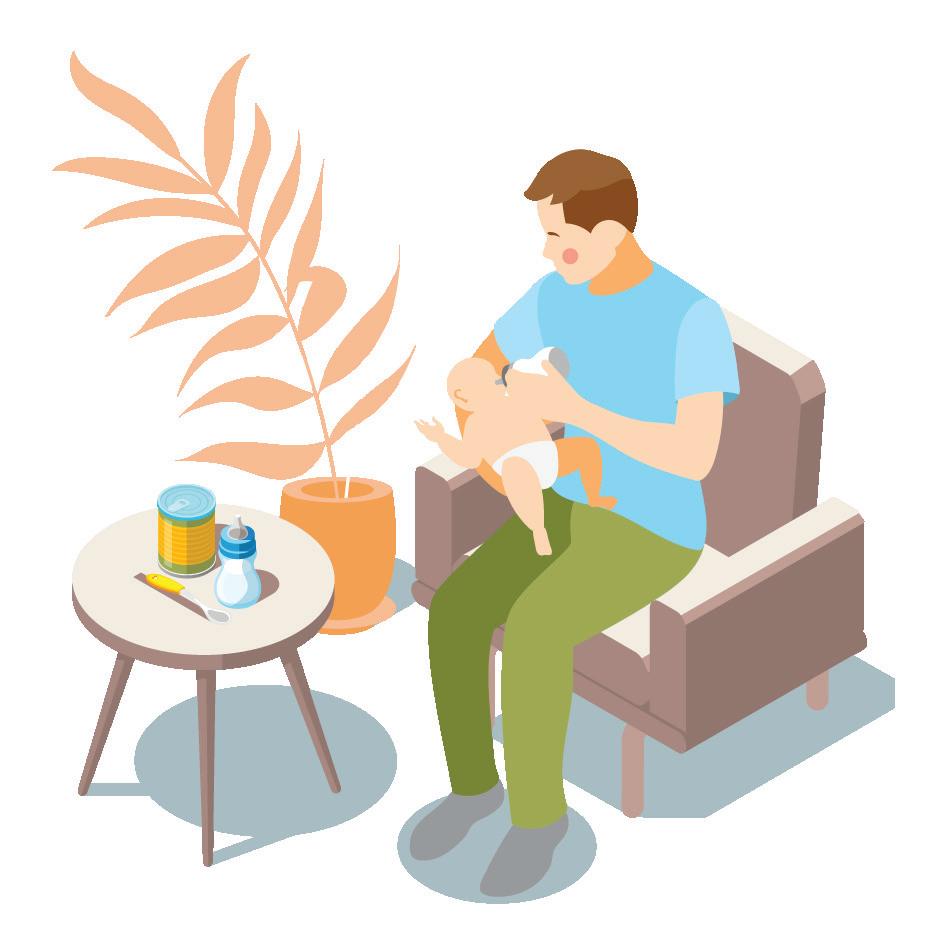
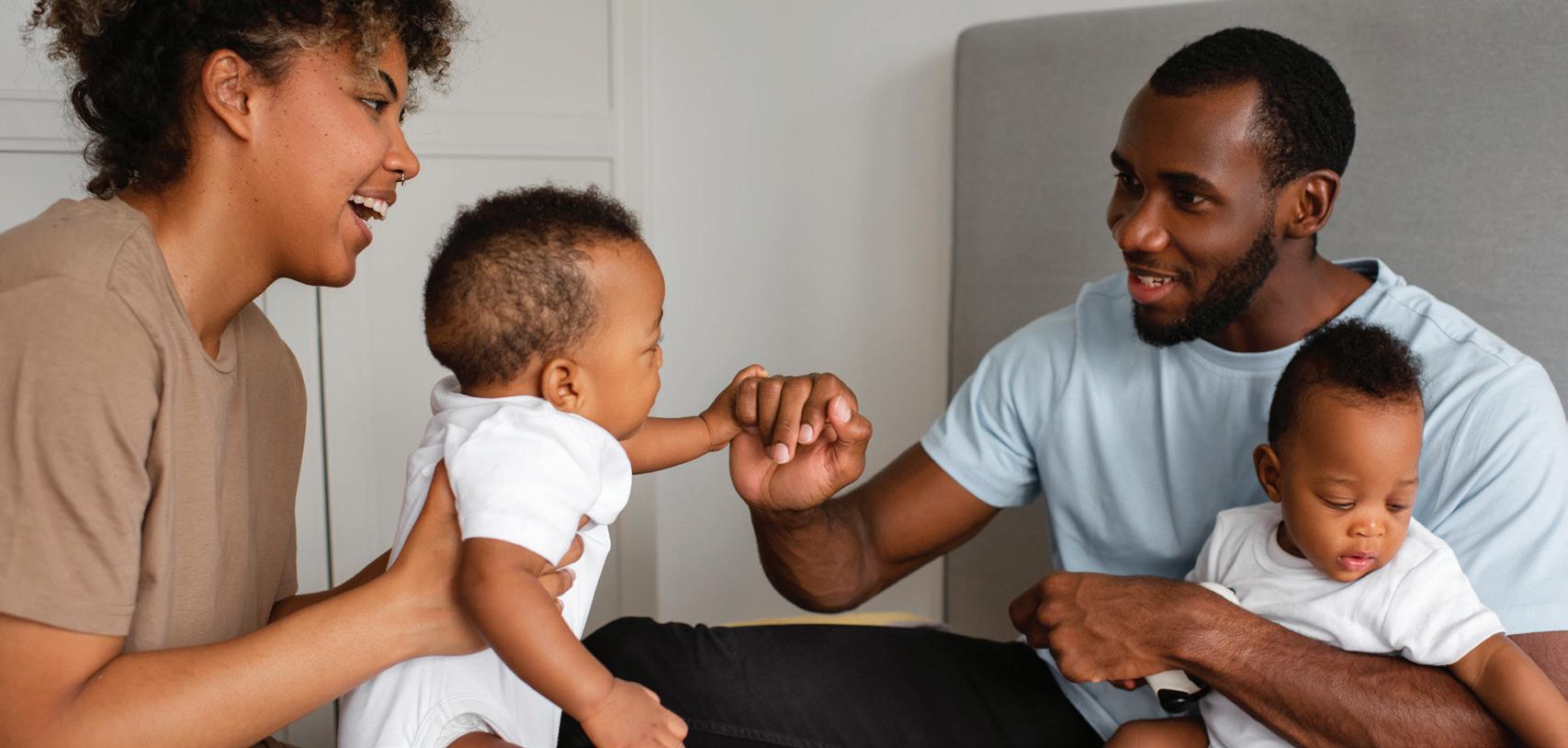
At the same time, look after yourself as you are a very important member of this new little family. Do fun things alone sometimes to recharge your battery or spend time with friends or playing sport and doing hobbies, for instance. Discuss this with your partner first to work out a suitable time and arrange for someone to be with your partner and baby. For instance, all the moms and babes could be together while the dads go and watch sport or do something similar: It doesn’t have to be for long but even an hour or so will help you to recharge. Exercise often does wonders for one. You may find it helpful to work out a way that you can release the stress in your life too and work around a way to do some of the activities that meant a lot to you in your ‘pre-baba life’!!
If walking or running is your favourite, and it works best for you, you could consider walking with your baby in a carrier or running with your baby in the special runners pram. It is often said that fresh air is good for you both.
Once your partner feels up to it, and you have found a reliable baby sitter, think about some time out alone doing whatever you used to enjoy doing as a couple. You may have to adapt a ‘date night’ to a ‘date brunch’ when one often feels more energetic but each and every couple is different and there is no right and wrong.
As your little one grows up, stay involved, sharing parenting and household tasks while balancing work life. Interdependence between parents helps ensure a smooth and happy adaption and transition for all and consistency and stability is vital for a child’s healthy development too.

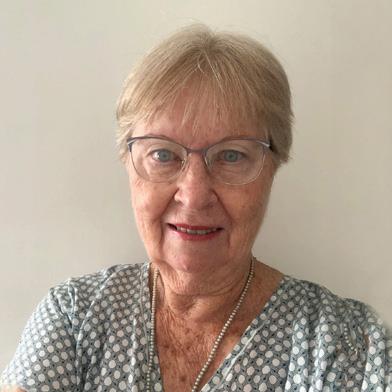
Margaret Davison is a Social Worker with a passion for children and a special interest in the emotional well-being of new parents.
A temporary organ linking mother and foetus, brings nutrients and oxygen to the foetus and moves harmful waste and materials away.
It performs multiple functions, acting as the lungs, kidneys, liver, and the gastrointestinal, endocrine, and immune systems for the foetus.
It produces hormones to help maintain pregnancy and support foetal development.
It protects the foetus from the mother's immune system.
Vital for pregnancy, it plays a big role in pregnancy outcomes. Problems with the placenta can result in conditions like preeclampsia, gestational diabetes, prematurity, and stillbirth.
It can influence lifelong health. Problems with the placenta can be a marker, maybe even cause, of later disease of mother and child.
It is made from both mom and dad's genes.
It begins to form 6 to 7 days after conception.
The placenta is a temporary organ.
Once the placenta is delivered, it triggers a hormonal reaction that triggers milk production.
What is nappy rash?
Nappy rash is one of the most common skin conditions – it’s also the most common skin problem in early childhood. Most babies aged 0-3 years old develop nappy rash at some stage because they have sensitive skin which is vulnerable to irritation by a wet or soiled nappy.
Redness and soreness caused by a nappy rash can happen fast. So, it’s comforting to know that there are ways to help treat and protect your baby. Here you will find all the information you need about nappy rash, from causes and symptoms through to treatment, protection and care.
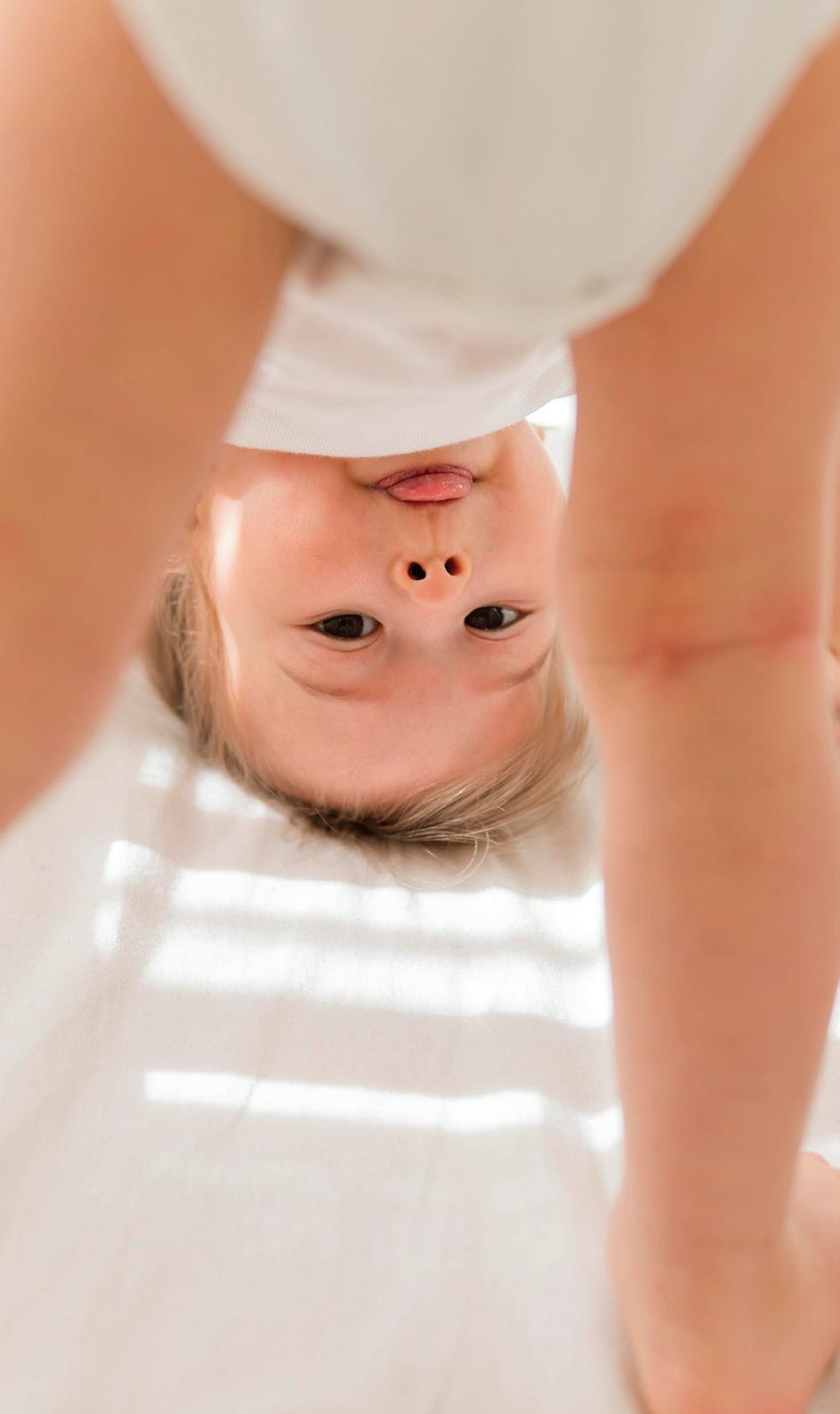
Causes of nappy rash
+ The area under a nappy is a difficult environment for baby skin. A combination of excess moisture, warmth, urine, faeces and friction can all lead to nappy rash.
+ The nappy creates an enclosed area around the bottom - this increases warmth, moisture and encourages the growth of microorganisms that can cause infection.
+ Chafing, due either to skin rubbing against the nappy, or from skin folds, can damage and irritate the skin.
+ Ongoing contact of the skin with urine, faeces or both, can lead to a formation of ammonia which can irritate baby’s skin.
+ Irritants in wet wipes or cleansers, and laundry detergents.
There is also a common link made between nappy rash and teething, as well as the transition to solid foods.
Nappy rash can develop quickly and appears in the area under the nappy. There are common symptoms, though the rash itself can look different from baby to baby:
+ Pinkness or redness over a small or large area of the baby’s bottom, or wherever the nappy touches their skin.
+ Dry, raised bumps (called papules)
+ Fluid-filled raised bumps (called pustules)
+ Dryness, peeling or scaling of the skin
+ Swelling
+ The affected area may be warm to touch.

Most nappy rashes are mild and can be treated with a simple skincare routine. Your baby will usually feel no pain or discomfort. However, in severe cases and when infection is involved, the condition can be distressing and requires medical treatment.
+ The rash does not improve, gets worse or stops then reoccurs.
+ The nappy rash blisters or starts to bleed.
+ Your baby cries in pain when the nappy rash is touched.
+ Your baby has a fever.
+ The rash spreads to other parts of the baby’s body, like their arms or face.
+ The rash could also have other causes, e.g. impetigo or eczema, that require diagnosis and treatment.
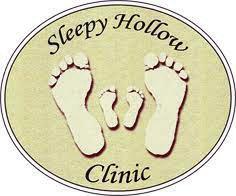
Services offered
• Antenatal Education classes
• Postnatal Home Visits / clinic appointments
• Lactation consulting
• Postnatal Coffee mornings for moms and babes/toddlers
• Infant Massage Classes
• Forum for Moms to swop or sell baby wear / equipment
• Fertility support
 Annette Bing
Annette Bing
Registered Midwife & Certified Lactation Consultant
MOBILE: 084 367 1005
EMAIL: info@sleepyhollowclinic.co.za
WEBSITE: sleepyhollowclinic.co.za
: Sleepy Hallow Clinic - Noordhoek
Smoking before, during, and after pregnancy can harm a baby's health.

Smoking during pregnancy can have serious health consequences for both the mother and the baby. When a pregnant woman smokes, harmful chemicals (including nicotine and carbon monoxide) from the tobacco enter her bloodstream and are then passed on to the baby through the placenta. These chemicals can negatively affect the baby's development and increase the risk of various health problems.
Smoking while pregnant can have serious risks for both the mother and the baby. Here are some ways smoking can affect your unborn baby during pregnancy:
1. 2. 3. 4. 5. 6. 7. 8.
Restricted oxygen supply: Smoking reduces the amount of oxygen available to the baby, which can lead to poor growth and development.
Increased risk of miscarriage: Smoking increases the risk of miscarriage and pregnancy loss, particularly during the first trimester.
Premature birth: Pregnant women who smoke are more likely to have a premature birth, which can result in complications for the baby.
Low birth weight: Smoking during pregnancy is strongly linked to low birth weight in infants. Babies born with low birth weight are more prone to health problems and developmental issues.
Stillbirth: There is an increased risk of stillbirth (the loss of a baby before birth) among women who smoke during pregnancy.
Sudden Infant Death Syndrome (SIDS): Babies born to mothers who smoke during pregnancy are at a higher risk of SIDS, which is the unexplained death of an infant, typically occurring during sleep.
Respiratory problems: Babies exposed to tobacco smoke in the womb are at a higher risk of developing respiratory problems such as asthma, wheezing, other breathing difficulties, and frequent infections.
Developmental issues: Smoking during pregnancy has been linked to developmental issues in children, including behavioural problems and learning difficulties.
Additionally, smoking during pregnancy has been linked to other complications such as placental abruption, where the placenta separates from the uterine wall before delivery, and an increased risk of birth defects.
It's crucial for pregnant women to quit smoking and avoid exposure to secondhand smoke to protect the health of their baby. Quitting smoking at any point during pregnancy can be beneficial for both the mother and the baby. Pregnant women who are struggling to quit smoking should seek support from healthcare professionals, as they can provide guidance and resources to help with smoking cessation.
It's important to note that smokeless forms of tobacco, such as chewing tobacco or snuff, also pose risks to pregnancy and should be avoided. While e-cigarettes are often promoted as a safer alternative to smoking, their safety during pregnancy has not been thoroughly studied. It is generally recommended to avoid using e-cigarettes during pregnancy due to potential risks.
Overall, maintaining a smoke-free environment is essential for the health and well-being of both the pregnant woman and her baby.
Source: Better Health Channel: www.betterhealth.vic.gov.au/health/healthyliving/pregnancy-and-smoking Healthline: www.healthline.com/health/smoking/how-to-quit-smoking-while-pregnant NHS: www.nhs.uk/pregnancy/keeping-well/stop-smoking/ Centers for Disease Control and Prevention: www.cdc.gov/tobacco/basic_information/health_effects/pregnancy/index.htm
April is Autism Awareness Month, therefore it's crucial to shine a light on autism in childhood; a condition that touches the lives of many families globally.
In childhood, Autism Spectrum Disorder (ASD) is characterised by a range of clinical signs and symptoms that can vary widely among individuals. Common signs include difficulties with social interaction, such as reduced eye contact, lack of response to their name, and challenges in understanding others' feelings.
Children with ASD may also exhibit repetitive behaviour, have intense interest in specific topics, and show a desire for routine and predictability. Speech and language development can be delayed or atypical, with some children remaining non-verbal. Sensory sensitivities, such as an aversion to certain sounds, textures or lights, are also common. The diagnosis of ASD is based on a combination of factors, including the observation of behaviour and developmental history.
There are no biological tests for autism; diagnosis involves assessments by multidisciplinary teams, including paediatricians, neurologists and psychologists who use standardised diagnostic tools and criteria.
Early diagnosis and intervention are crucial for improving outcomes, as they can help address developmental challenges and support the child's growth and learning abilities. ASD is also associated with unique strengths and differences.

Autism's spectrum nature means no two individuals with autism are the same.
Early diagnosis and intervention can significantly improve outcomes, yet understanding and acceptance are equally important.
Parents, caregivers, educators and primary healthcare professionals play pivotal roles in supporting children with autism.
Recent advances in autism research have focused on early detection, personalised therapies and understanding the genetic underpinnings of the disorder. Innovative therapies, including behavioural, speech and occupational therapies have shown promise in supporting children's development and integration.
Common myths, such as the idea that vaccines cause autism or that individuals with autism cannot form emotional connections, have been thoroughly debunked by scientific research.
It's vital to challenge these misconceptions to foster a more inclusive and understanding society.
Personal stories
Testimonials from families living with autism highlight the challenges and joys.
One parent shared, "Understanding my child's perspective has opened my eyes to a different way of seeing the world.
It's not about 'fixing' my child but supporting them to thrive."
Autism knows no geographical boundaries.
It affects individuals and families worldwide, making global awareness and co-operation essential in research, support and advocacy efforts. By sharing knowledge and resources, we can work towards a world where all individuals with autism can reach their full potential.
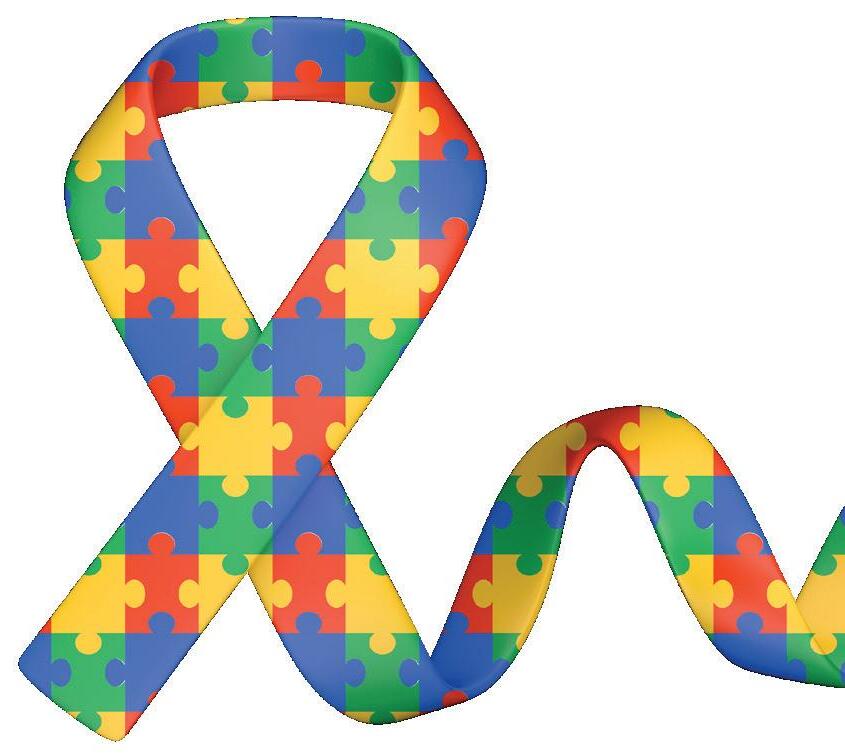
Call to action
This Autism Awareness Week, let's commit to educating ourselves and others about autism.
By fostering an environment of acceptance and support, we can make a significant difference in the lives of children with autism and their families.
Whether you're a parent, educator or healthcare professional, take the time to learn about autism.
Your understanding and acceptance can change lives.
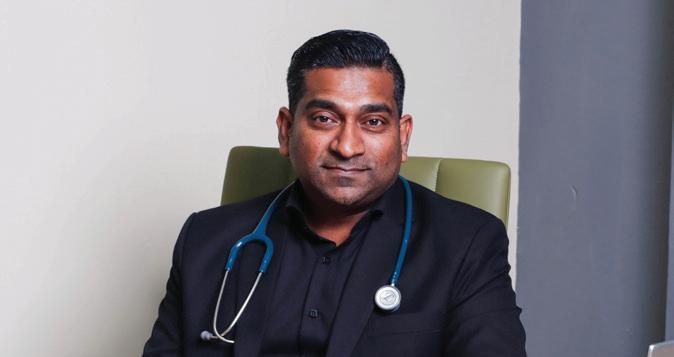
DR. STRINI CHETTY
MBBCh(WITS)DCH(SA)FCPaed(SA)
Dr. Chetty is a(n) Paediatrician and currently practices at Melomed Richards Bay.
Tel: 035 791 5535
Email: strini_chetty@yahoo.com
Melomed Hospitals have specialist doctors to treat all your baby’s sickness and ailments.
From our specialised Paediatricians, Neonatologist, Ear, Nose & Throat (ENT) specialists to Baby Clinics.

Melomed Gatesville & Tokai
Dr S Raban 021 023 0604 021 637 2358

Melomed Richards Bay
Dr KP Seake 035 791 5428
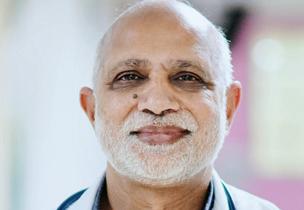
Melomed Gatesville Dr R Khan 021 637 3811/3817
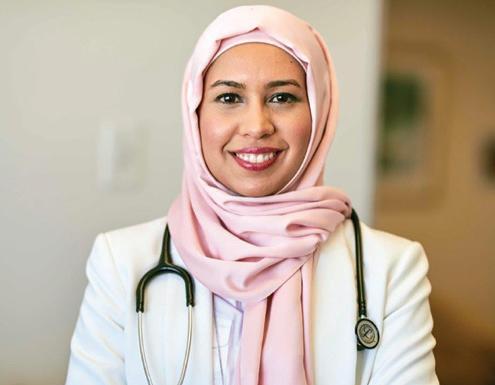
Melomed Bellville Dr M Bassier 021 391 0199
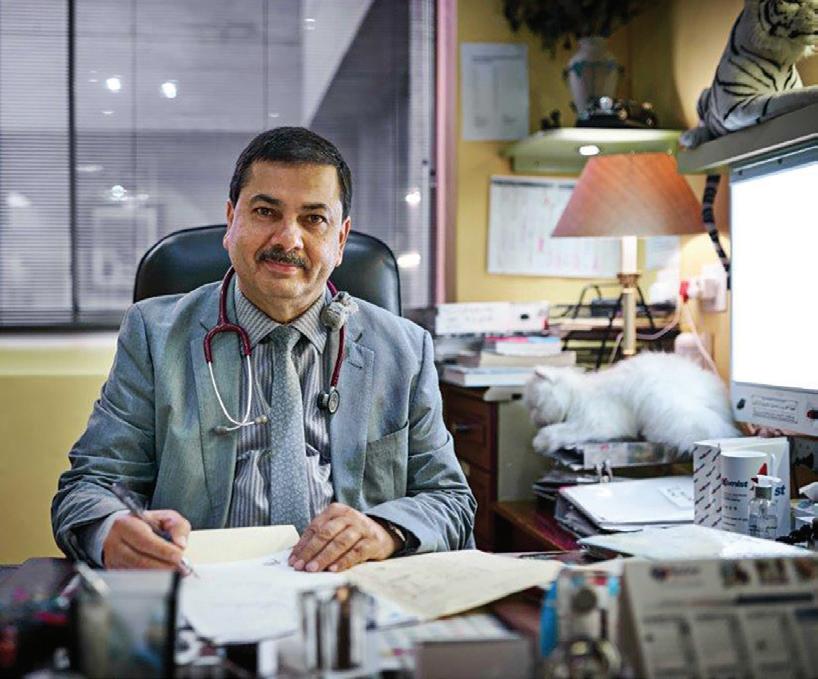
Melomed Mitchells Plain Dr O Adam 021 391 4967/8
Melomed Gatesville Dr M Ismail 021 633 0332
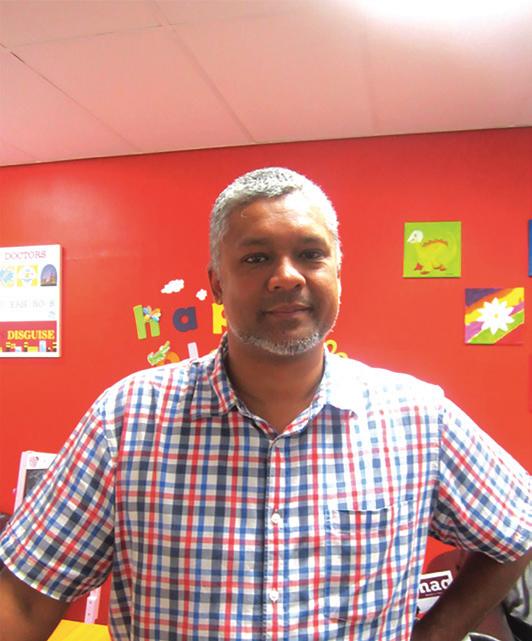
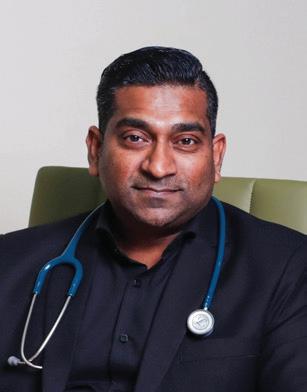
Melomed Richards Bay Dr S Chetty 035 791 5535
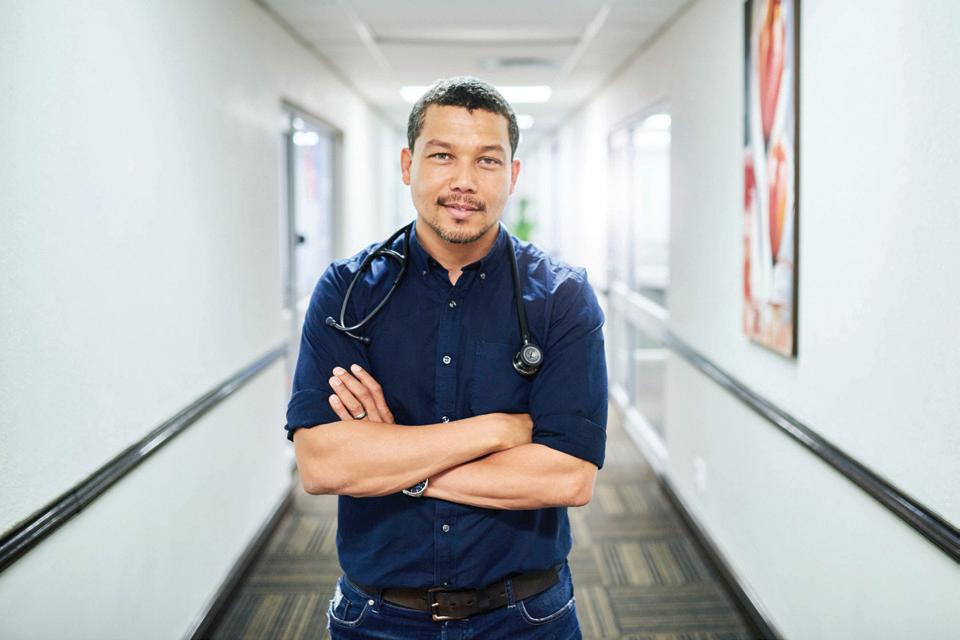
Melomed Bellville Dr D Rhode 021 945 1898
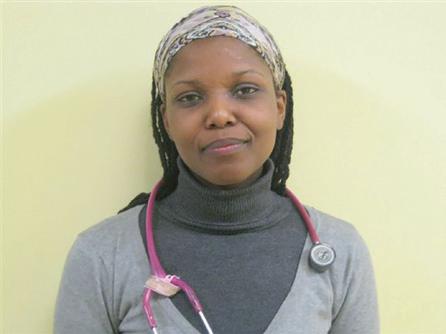
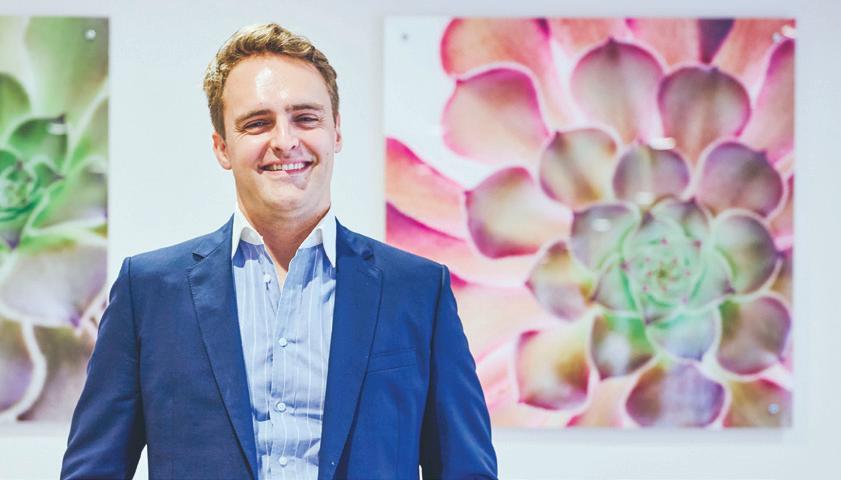
Melomed Tokai
Dr R Moore 021 110 5941
Melomed Tokai
Dr M Meyer 021 712 1643
Melomed Mitchells Plain Dr MW Mathure 021 110 5145
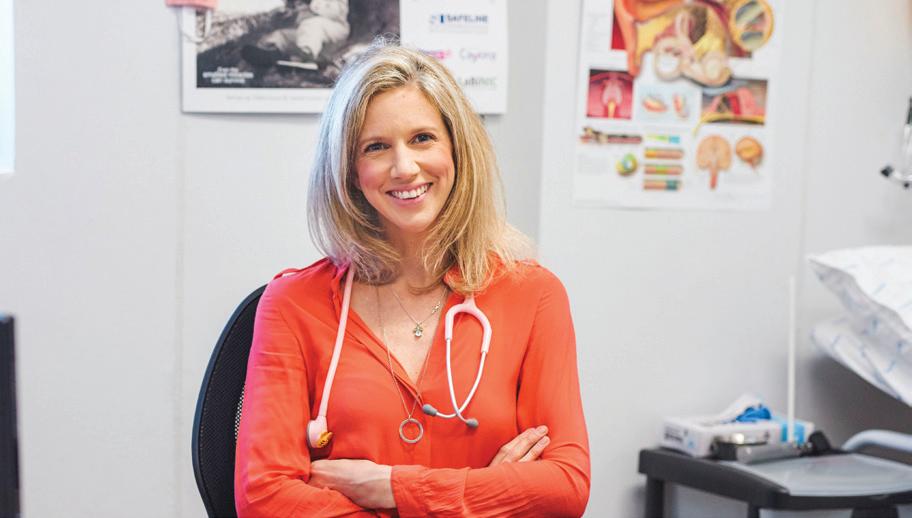

Melomed Bellville Dr M Ledger 021 946 1347
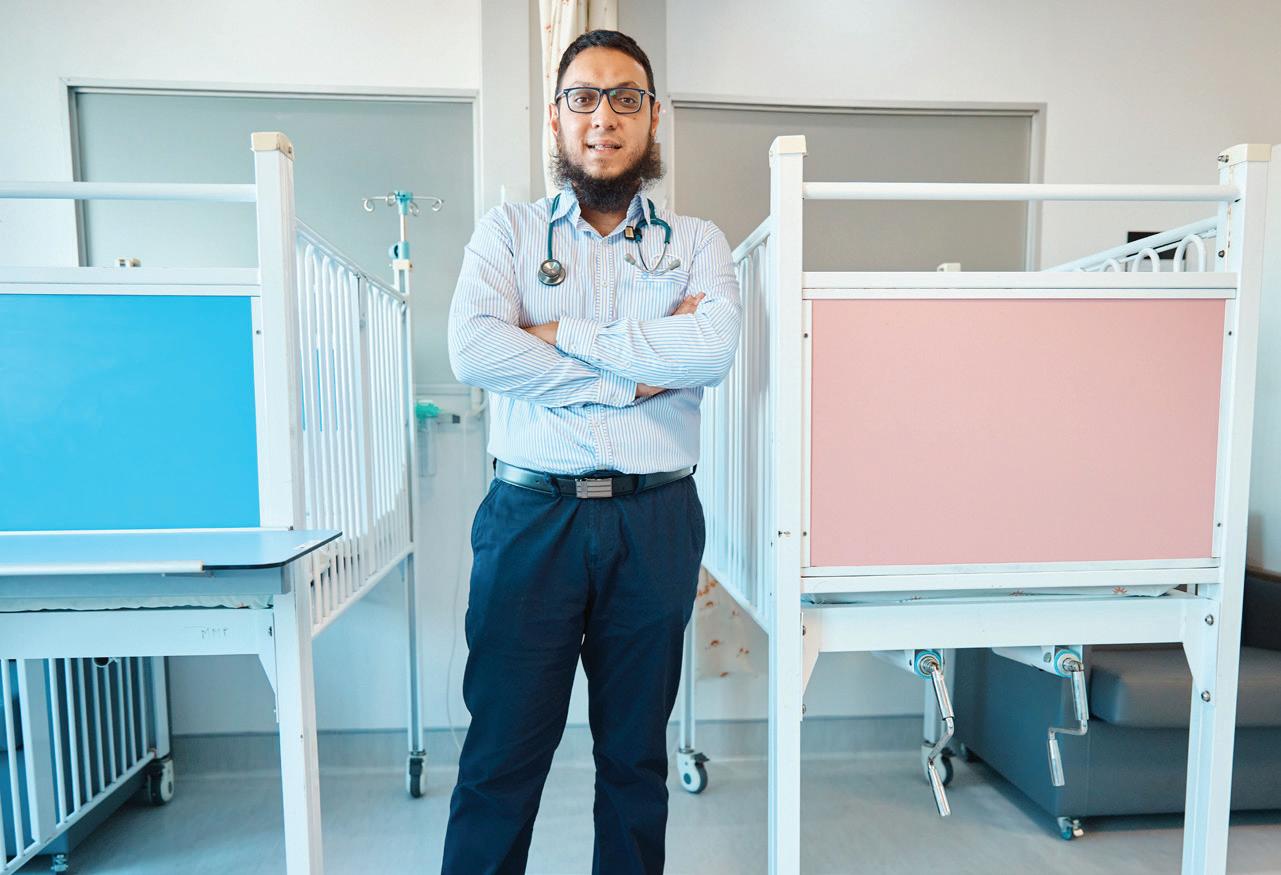
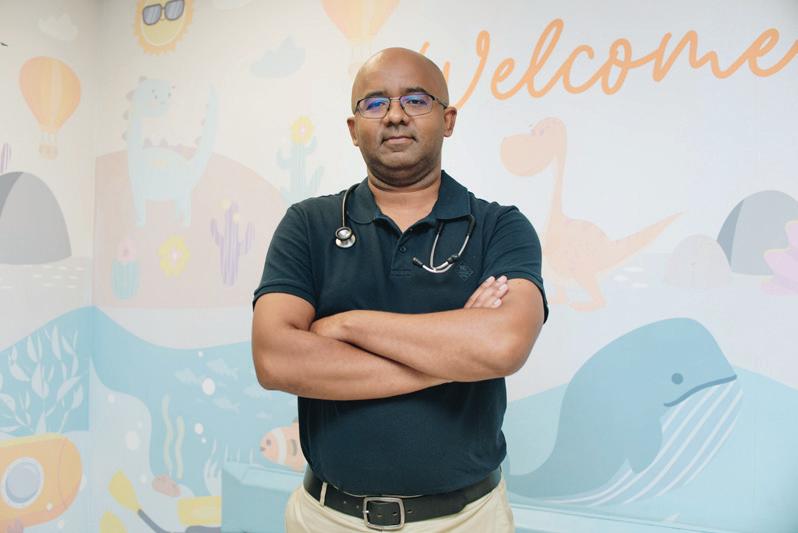


Melomed Gatesville & Tokai
Dr. J Stulinski 021 712 5346 / 021 761 4909 021 638 3150/46

Melomed Bellville
Dr. A Behr 021 945 1502
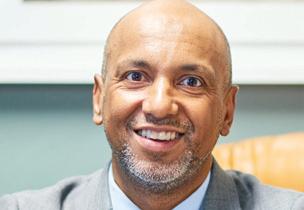
Melomed
Gatesville & Tokai
Dr. S Ebrahim 021 637 7772 021 202 6307

Melomed Bellville
Dr. Z Doolarkhan 021 946 2191
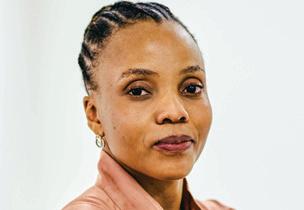
Melomed Mitchells Plain
Dr. W Makhaye 021 110 5950
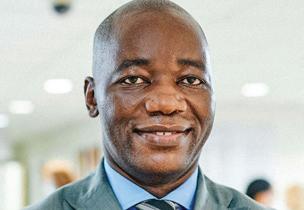
Melomed Bellville
Dr. Raphael Mlauzi 021 110 5217
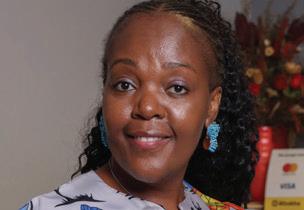
Melomed Richards Bay
Dr. L Setoaba 035 791 5440
RHO Clinic at Melomed Bellville Hospital, Suite 12 on the First floor - Tel: 021 950 8960
The following services are rendered:
1.Follow up on newborn babies from the age of 2 weeks.
2.Immunisations of babies
3.Family planning
4.Asthma education
5.Responsible for doing lung functions for the pulmonologist.
6.Breastfeeding Education
Clinic Hours:
Mondays to Thursdays: 9:00 - 16:00, Fridays: 9:00 - 13:00
Open some Saturdays as per request and by appointment only.
Dr Raban at Melomed Tokai - Tel: 021 023 0604
The following services are rendered: -Vaccinations
-Breastfeeding consultation -Circumcision
-Family Planning
-Paediatric Consultation
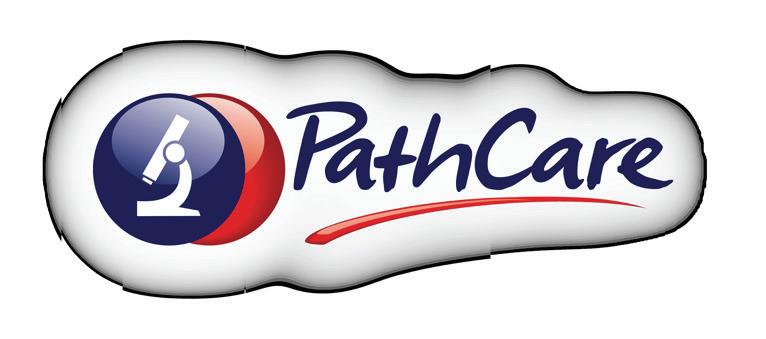
Down’s syndrome (trisomy 21) is a genetic disorder caused by the presence of an extra copy of chromosome 21. When present, the burden of disease for the affected individual and their family can be significant, as children with Down’s syndrome may experience physical and mental development delays and disabilities. For these reasons, screening for Down’s syndrome during pregnancy is recommended.
Screening tests can identify individuals at increased risk of having a baby with Down’s syndrome. The screening test caries no risk, but the test cannot determine with certainty whether the foetus is affected or not affected. It can identify those individuals who will benefit from more specific diagnostic tests.
Screening should be offered to all pregnant individuals in early pregnancy, but any testing is voluntary. Down’s syndrome screening at PathCare can be performed in the first and/or second trimester of pregnancy.
First trimester testing is done at 11 weeks to 13 weeks 6 days gestation, and the most accurate risk can be determined if ultrasound information (such as nuchal translucency) is also provided. Once you have your blood sample taken, the result will be available in +/- 2 days. In the first trimester screen, two biochemical markers are tested (PAPP-A and free BHCG), and the report will give your risk calculation of carrying a baby affected by either Down’s syndrome, trisomy 18 or trisomy 13. When second trimester screening is requested, a blood sample must be collected between 15 weeks and 20 weeks 6 days gestation. Different biochemical tests (HCG, estriol and alpha fetoprotein) will be tested, and the results interpreted together with other clinical details provided by your doctor. A report will be issued indicating your risk calculation of carrying a baby affected by either Down’s syndrome, trisomy 18 or neural tube defects.
Screening can provide valuable information and guide informed decisions during pregnancy. Please consult your doctor to discuss the advantages and options available to you.
PathCare offers testing for Down syndrome. Consult with your doctor.